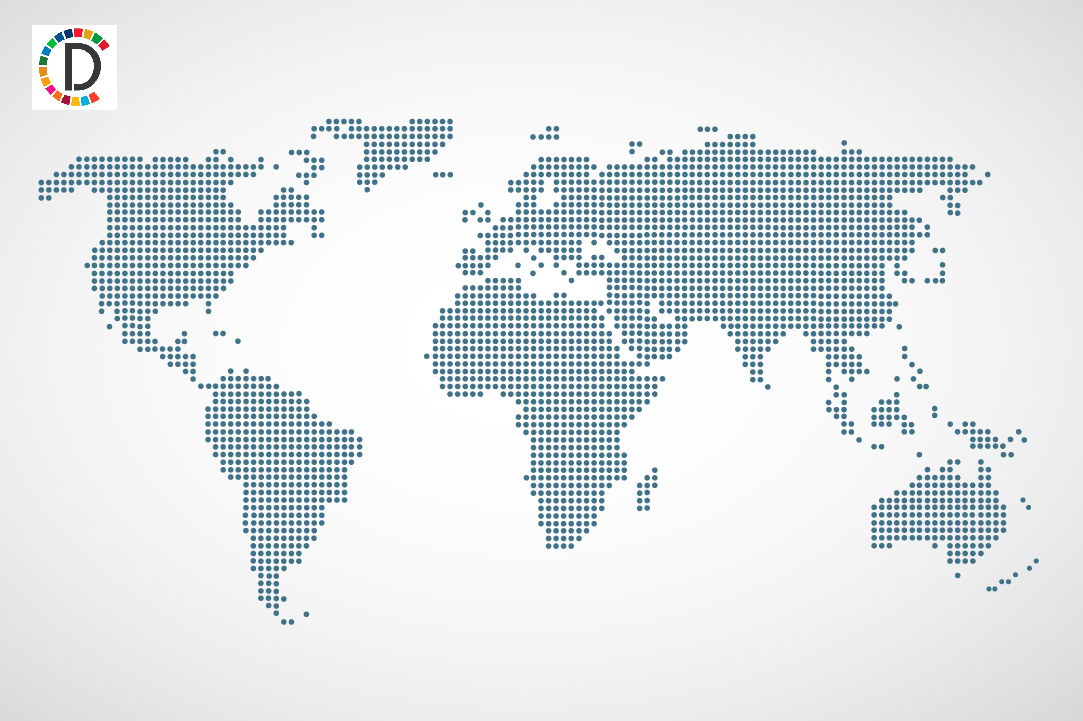The Debate Over Daylight Saving Time: Tradition or Time to Change?
Daylight saving time impacts 400 million in North America, causing heated discussions about its necessity. Former U.S. President Trump advocated for abolishing it due to its inconvenience and cost. The practice, originating in wartime Europe, has seen legislative attempts for change but remains controversial.

Daylight saving time has become a focal point of debate, influencing nearly 400 million people across North America. The practice involves adjusting clocks twice a year and has been a part of American life for over a century. However, its relevance is being questioned as discussions about its necessity persist.
Former U.S. President Donald Trump has called for an end to daylight saving time, describing it as inconvenient and costly. Trump's allies, including Elon Musk and Vivek Ramaswamy, support the move to eliminate the practice. In 2022, the U.S. Senate passed the Sunshine Protection Act, aiming to make daylight saving time permanent, though it stalled in the House of Representatives.
The origins of daylight saving time trace back to World War One, when it was adopted to conserve fuel. Despite its historical roots, modern studies challenge its energy-saving claims. Opposition highlights health concerns related to time shifts, such as increased traffic accidents and sleep deprivation. As the conversation continues, many Americans and legislators remain divided on its future.
(With inputs from agencies.)
- READ MORE ON:
- DaylightSavingTime
- Trump
- clocks
- Senate
- legislation
- energy
- health
- farmers
- time-change
- controversy
ALSO READ
Metropolis Healthcare's Strategic Acquisition of Core Diagnostics: A Growth-Driven Move
Panasonic Energy's Strategic Shift Away From Chinese Supply Chain
Reshaping Public Services: Solutions to Inequities in Health and Education Systems
Prashant Kishor's Arrest and Health Crisis Amid Protest Hunger Strike
How COVID-19 Exposed and Strained the Mental Health of Healthcare Professionals










